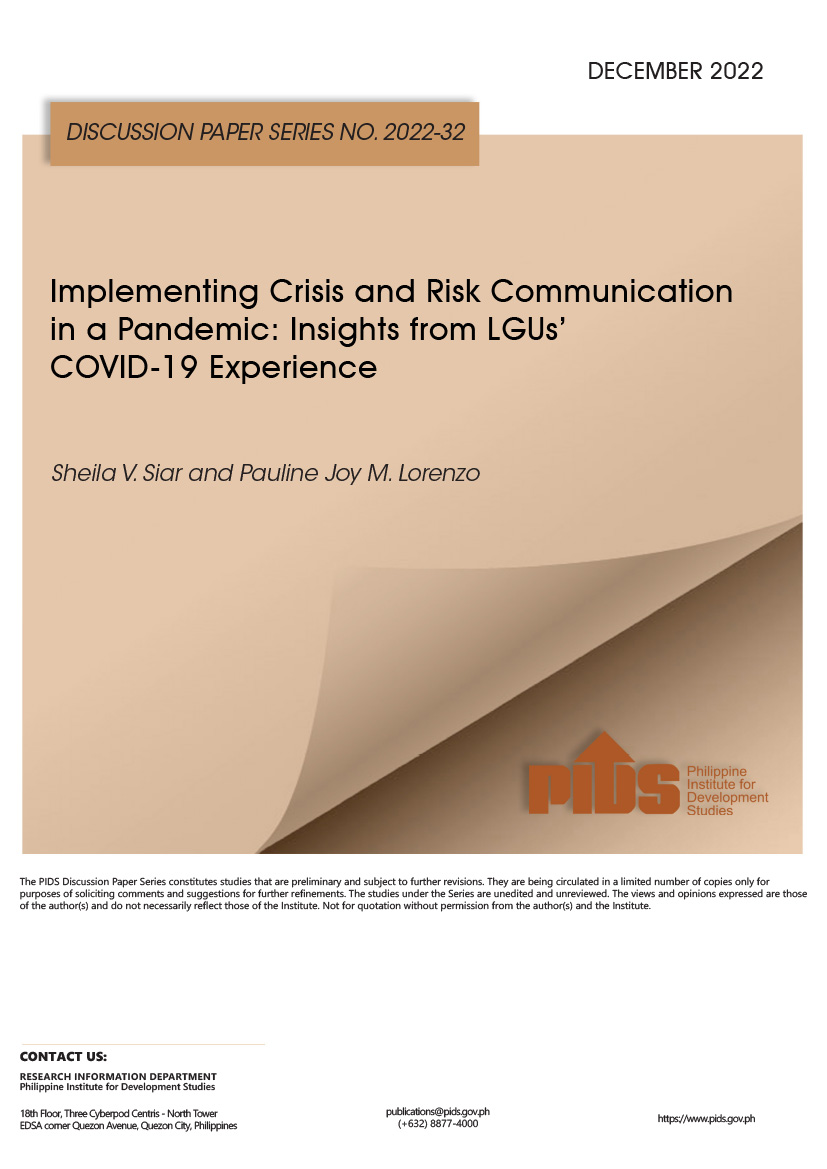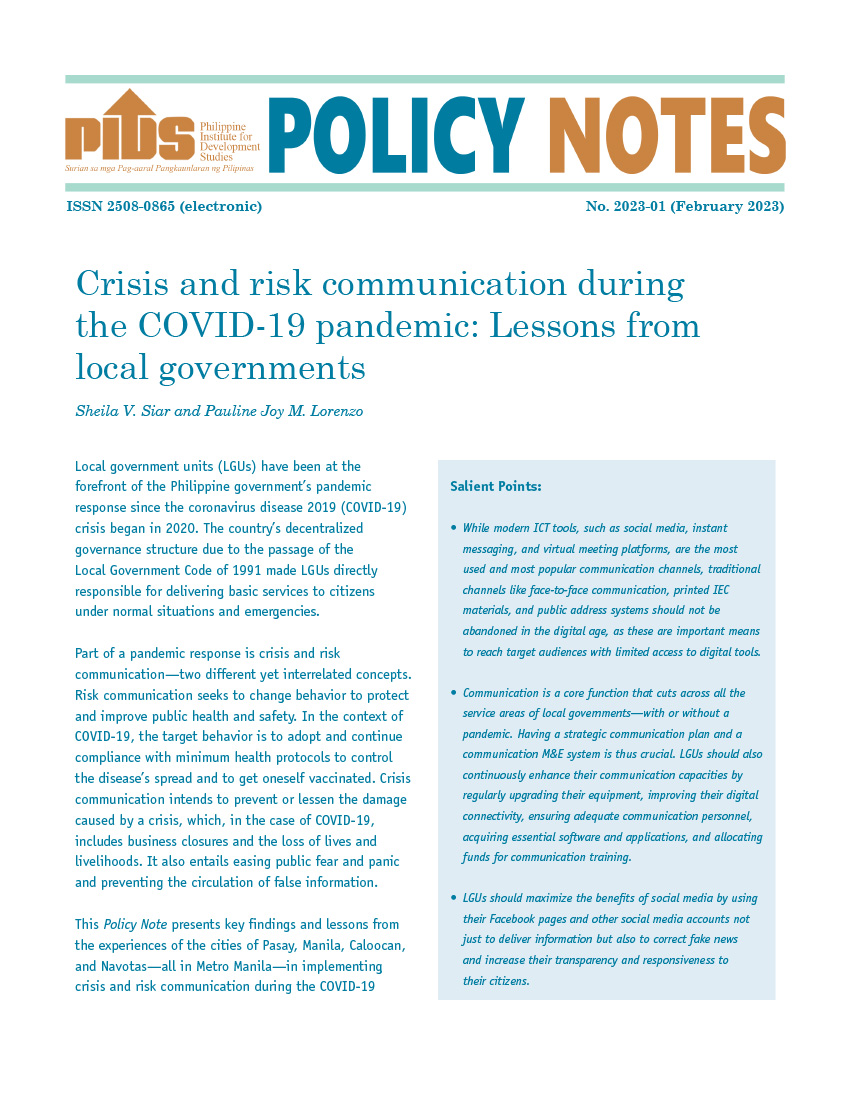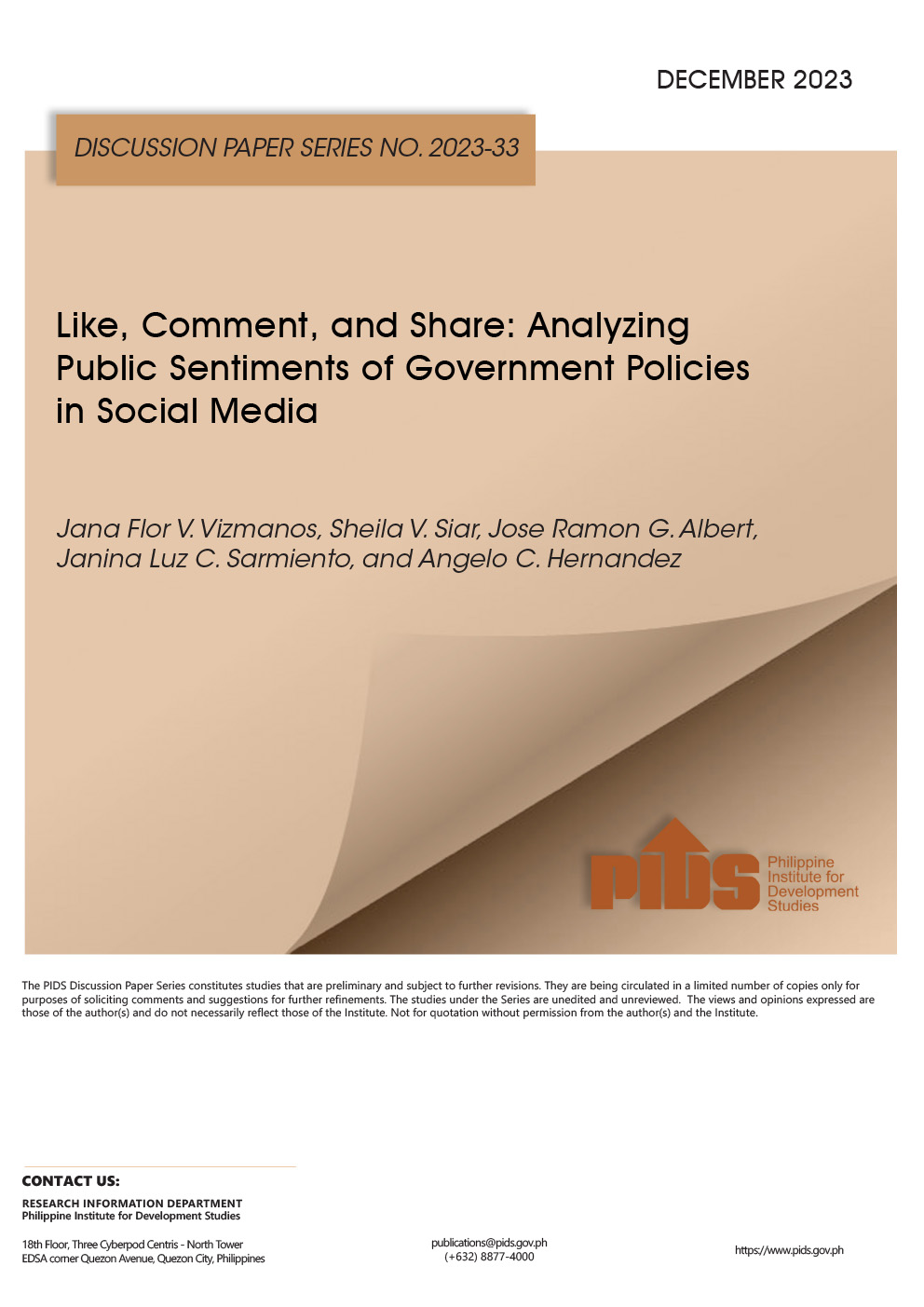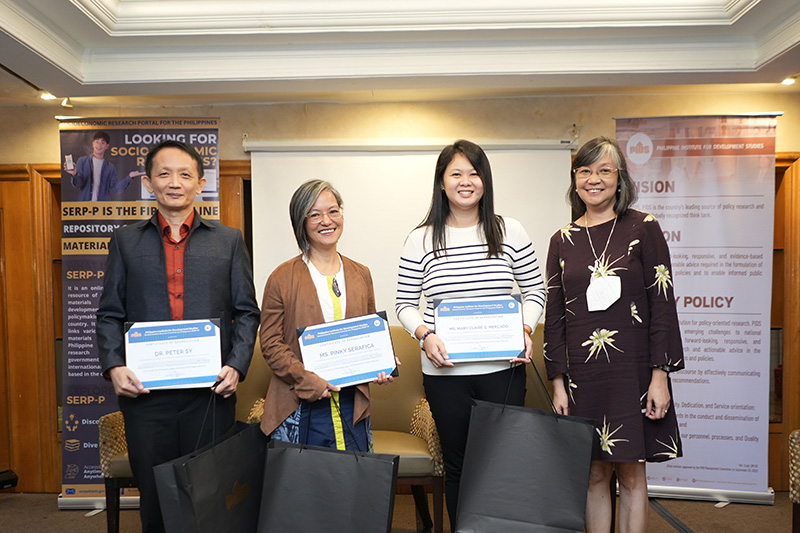MANILA — President Rodrigo Duterte's popularity and Filipinos' regionalism helped deliver votes to the UniTeam of Ferdinand "Bongbong" Marcos, Jr. and Davao City Mayor Sara Duterte-Carpio, analysts said Tuesday.
Jose Ramon Albert, a senior research fellow at the Philippine Institute for Development Studies, said Vice President Leni Robredo is not an administration candidate, which posed difficulties for her campaign in terms of resources that she had in 2016.
"Her campaign had a lot of resources then, unfortunately now... She is the opposition candidate," said Albert.
"You have a very popular president that you are 'fighting' and the bulk of that went to Marcos and in large part was because he was with the President's daughter," he explained.
Duterte-Carpio's tandem with Marcos, Jr. is strategic in a sense that she was able to "inherit" the popularity of her father, according to Albert, even surpassing the total votes of the older Duterte in 2016, which was around 16 million.
The UniTeam tandem likewise successfully solidified votes for each other in their respective bailiwicks — Marcos Jr. in the country's northern provinces and Duterte-Carpio in the south — a proof that regionalism still forms a large part of how Filipinos vote.
"The main reason behind why Marcos really won at not just the polls but the actual elections is really the regionalism. That is the main storyline. This has been true for years," the analyst added.
ABS-CBN's Data Analytics head Edson Guido echoed this, noting that Duterte-Carpio was able to win in several northern provinces compared to her father, who only got Ilocos Norte in Northern Luzon.
"'Yan ang main difference, talagang nakatulong rin ang kanyang running-mate na si Bongbong Marcos para ma-solidify niya ang Norte. 'Yan ang nakikita natin. Solid North and solid South," noted Guido.
HUGE GAP BETWEEN NO. 1 AND NO. 2 IN VP RACE
It was also the first time since 1998 when a vice-presidential candidate led by over 1 million, when Gloria Macapagal-Arroyo won, the data analyst said.
Winners for the no. 2 post in recent years won in slim margins, illustrated by the close fight between Marcos, Jr. and Robredo in 2016; Mar Roxas and Jejomar Binay in 2010; and Noli De Castro and Loren Legarda in 2004.
Marcos Jr.'s links to his father, especially the bloody repression of the martial law years, have made him one of the nation's most polarizing politicians.
But he has benefited from a deluge of fake and misleading posts on social media platforms targeting a largely young electorate with no memory of the corruption, killings, and other abuses committed during the dictator's 20-year rule.
Marcos Jr., however, has denied using social media trolls.
Based on Comelec's partial, unofficial results that accounted for 98.10 percent of votes as of 7:47 p.m. on Tuesday, Marcos Jr. is leading the presidential race with 31,036,670 votes, followed by Robredo with 14,790,683 votes.
Duterte-Carpio, meanwhile, is leading the vice-presidential race with 31,482,722 votes, far from Robredo's running-mate Kiko Pangilinan who has 9,213,170 votes.





